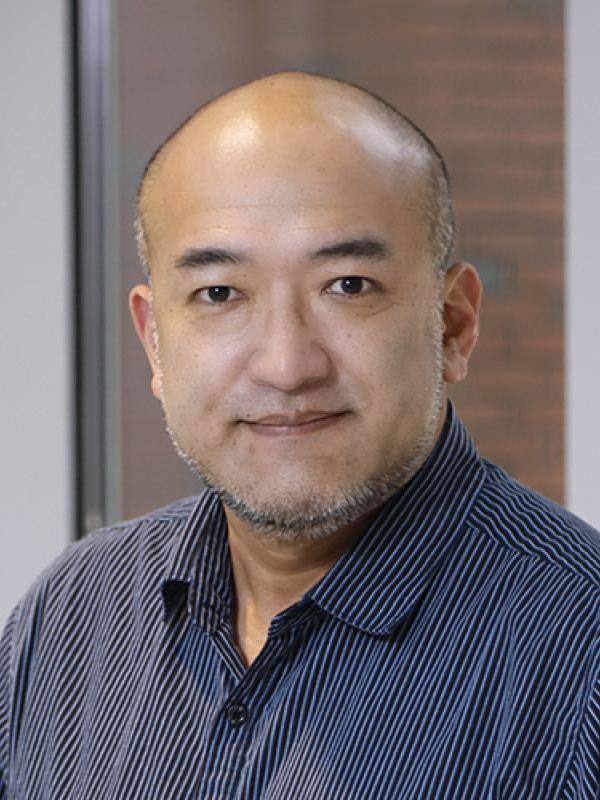
Hiroki Taniguchi
Associate Professor, Department of Pathology
Graves Hall
333 W 10th Avenue
Columbus, OH 43210
Areas of Expertise
- Chronic pain
- Experience-dependent cortical development
- Cancer-brain interaction
- Cortical interneurons
- Neuronal diversity
- Cortical plasticity
Education
- PhD: The Graduate University for Advanced Studies at National Institute for Basic Biology, Japan
- Postdoctoral Training: Columbia University
- Postdoctoral Training: Cold Spring Harbor Laboratory
Dr. Taniguchi has pursued molecular/cellular neurobiology as a research group leader at Max Planck Florida Institute for 9 years before joining the OSU. His research interests are focused on the molecular/cellular mechanisms underlying development and remodeling of cortical inhibitory circuits that play a critical role in brain computations and plasticity. His research programs should provide basic insight into functional recovery of the damaged or diseased brain. He would like to contribute to developing therapeutic strategies for brain damages/diseases from the point of view of basic neurobiology
Cortical inhibitory interneurons play a pivotal role in balancing/shaping brain activity as well as inducing neuronal plasticity. In addition, it has been shown that interneurons exhibit structural remodeling in the earliest phase of plastic changes in cortical circuits in response to sensory deprivation. Despite their implications in cortical functions and plasticity, molecular/cellular mechanisms underlying development and plasticity of interneuronal circuits remain largely unknown. Furthermore, little is known about the functional significance of interneuronal structural remodeling in cortical circuit plasticity. Cortical interneurons comprise diverse neuronal subtypes, each of which establishes specific local circuits and mediates a unique inhibitory function, and thus need to be dissected in a cell-type specific manner. Taking advantage of genetic approaches that enable a cell-type specific dissection, Dr. Taniguchi's team will tackle the above questions. He hopes the outcome from his research will provide the basis for reconstructing functional neuronal circuits in the damaged/diseased brain.
